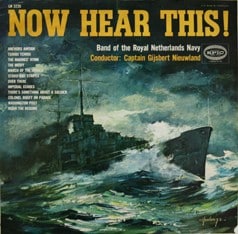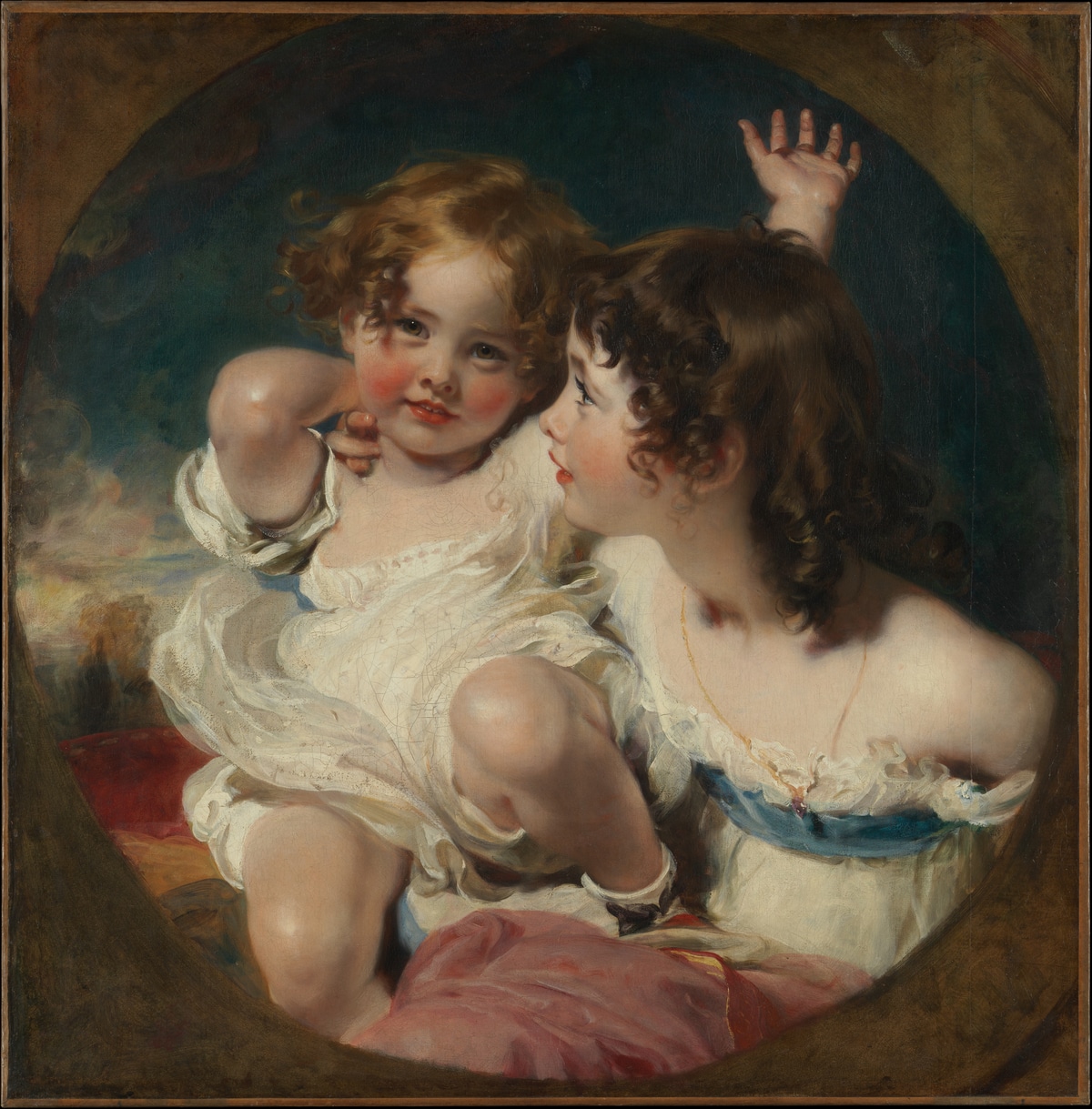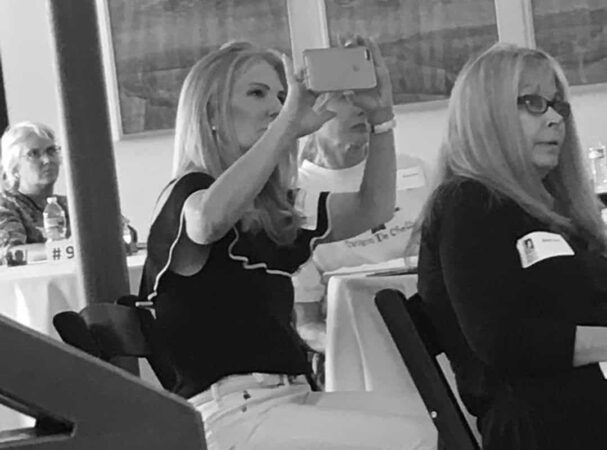Disruption. It’s a word we’ve been hearing a lot these days to describe companies that are changing the way business is done in the collaborative or “sharing” economy. The dictionary defines “disruption” as a disturbance or problem that interrupts an event, activity, or process, but while that implies a negative connotation, many of the companies that best exemplify this approach–including AirBnB, ZipCar, Uber, and TaskRabbit–are having positive impacts by undermining established power structures.
They do this by providing flexibility and value, to customers and service providers alike–linking customers directly to the services they need, while also making it easier for those providers to earn income on their own terms. Everyone wins except the middlemen. While some disruptive companies have drawn fire for circumventing regulatory safeguards and other issues, the basic model still has the power to benefit many when implemented in an ethical and thoughtful manner.

At the Clark Hulings Foundation, we know that disruption can be a positive thing. To expand on the dictionary definition, disruption can indeed be a way of interrupting processes, but in many cases, it also subverts models that have become entrenched for all the wrong reasons, or that no longer work as originally intended. And that’s exactly what we try to do with our Business Accelerator Grants for visual artists.
Now that The Foundation is an independent, 501c-3 nonprofit organization, we no longer require our applicants to have fiscal sponsors. This change is central to our mission, which is to place the reins of an artist’s business directly in that artist’s hands, without requiring that those hands be bound by a fiscal sponsor who decides when and how much of a hard-earned grant an artist will receive. While some artists may not be ready for that level of responsibility and control, many are chafing at the bit, and those are exactly the people we strive to support.
We call this approach “patronage, not parentage,” because we believe in respecting artists, instead of infantilizing them. Professional working artists are entrepreneurs who can be trusted to administer their businesses; all they need is access to the same knowledge and resources that professionals in other fields routinely receive. And the grants we offer are just one of the ways that we are shaking up established customs.
It Takes More Than Just Talent to Thrive
Visual artists face a daunting array of obstacles on the road to success, many of which have absolutely nothing to do with their creativity, technique, or the quality of their art. To succeed economically, artists must fund and manage their businesses, while creating salable work that still realizes their creative vision.
They must also sell and promote their art on a shoestring budget, while navigating a highly predatory environment for which they are often ill prepared. Business savvy and strong organizational skills are rarely covered in art school, nor are artists taught how to manage risk and reward, but all of these are necessary if artists wish to have staying power. And out in the real world, the only “business support” that most artists receive comes from middlemen who want to profit from their creative output and lack of experience in the business realm.
Why should artists have to spend their hard-earned money paying others to make important decisions that they could handle themselves if they had the proper resources? The Foundation strives to fill that resource gap by offering artists the tools and knowledge to help them take charge of the business side of their careers.
Via our suite on online tools, including our podcast, panel discussions, and blogs, we provide visual artists with free access to information from their peers and other industry experts on everything from project management and working with galleries, to estate planning and pricing their art. And thanks to our partnership with Artwork Archive–an innovative cloud-based inventory and tracking system that also helps artists manage invoices and showcase their work online–we are offering a 20% lifetime discount on all subscriptions to this incredibly useful management tool.
Finally, by providing artists with networking and mentoring opportunities, and the chance to meet and learn from collectors, gallerists, curators, publishers, academics, and their peers, we are knocking down some of the walls that exist among the art world’s many silos. Through our events, publications, and podcasts, we help every sector of that world learn from and interact with the rest, building community for the benefit of all.
Success Shouldn’t Be a Dirty Word
Beyond all of the practical ways that the Clark Hulings Foundation is upending conventions, our most subversive aspect is our core mission: to create the middle-class artist. We refuse to accept the romanticized—and ultimately destructive—idea of the “starving artist” as the standard to which artists should be held. Success should not be a dirty word. Our online interview program is called “The Thriving Artist Podcast” precisely because we reject the notion that artists should be expected to live as paupers in order to maintain their artistic credibility, and avoid being dubbed “sellouts.”
Art is a business, and many folks along its supply chain are making money off of the work of talented hardworking artists, so shouldn’t the actual creators of the work be able to do the same? Artists should not have to apologize for wanting to be financially independent, and The Foundation helps them reach that goal every step of the way.
Our disruption of “business as usual” serves more than just artists. When artists are better organized and can manage their businesses in a professional manner, life becomes infinitely easier for gallerists, curators, collectors, and the like. And when more artists thrive economically, the size and depth of the artistic talent pool grows, which means more and greater work is produced and made available for the enrichment of all. Because in the end it’s still about art, right?








Wonderfully comp[rehensive, but succinct as well. I can use this copy for discussions about CHF with almost everyone.